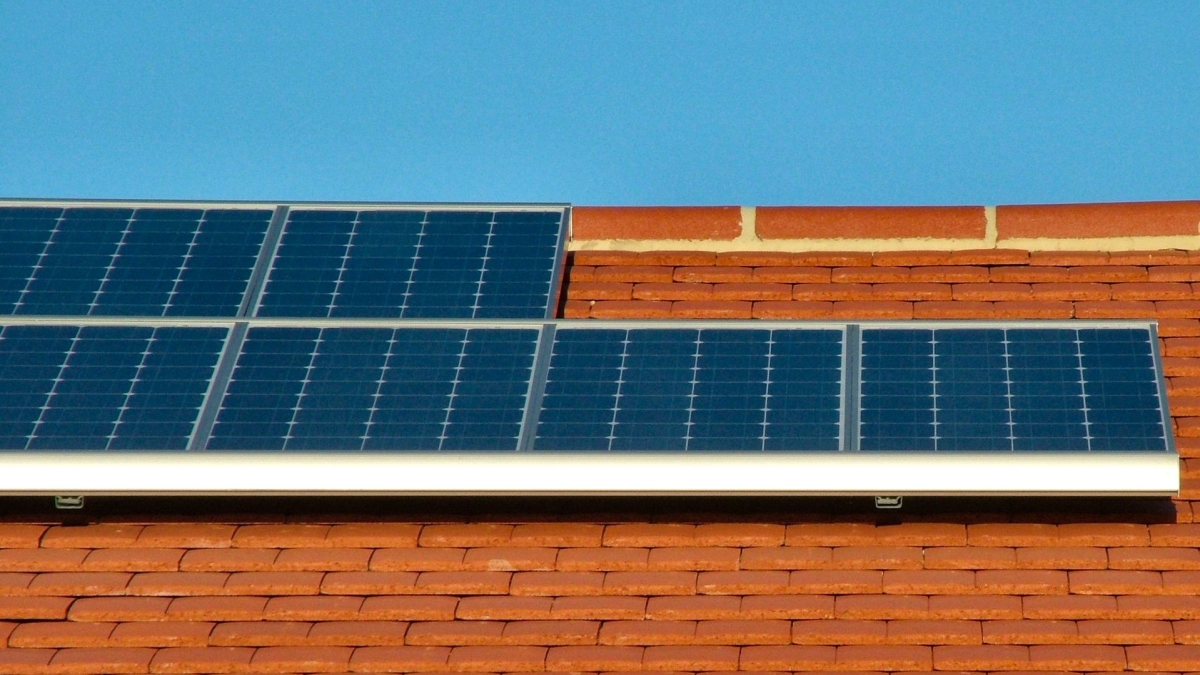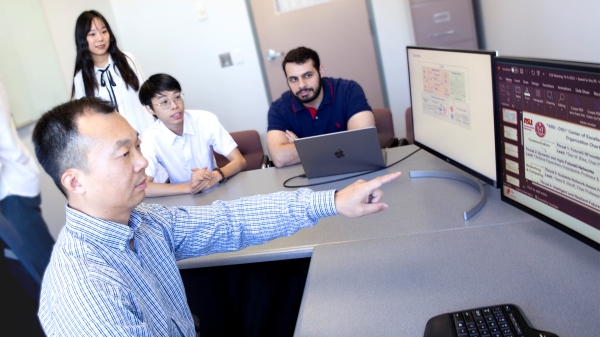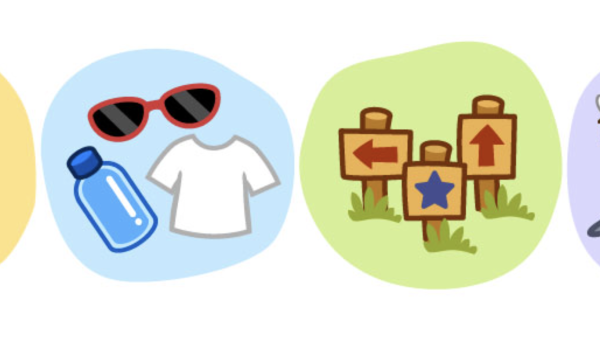ASU developing game to show impact of home sustainability
Will show everyday people how their choices affect the planet

Datu Buyung Agusdinata
Researchers at Arizona State University are working to use a role-playing game to show the effects of sustainability efforts in the home.
The project, funded with a $3 million grant from the National Science Foundation, seeks to help everyday people understand how their personal choices affect the planet.
Leading ASU’s effort is Datu Buyung Agusdinata, an assistant professor in the ASU School of Sustainability and a senior sustainability scientist in the Julie Ann Wrigley Global Institute of Sustainability.
Agusdinata discussed the work and its importance, saying personal consumption of food, energy and water can affect everything from the environment to income inequality.
Question: What are the project’s goals?
Answer: The project focuses on addressing our over-consumption of food, energy and water. The problem has caused ecosystem degradation, resource scarcity and growing income inequality.
Household activities account for more than a quarter of U.S. energy use and 41 percent of carbon emission.
Food consumption contributes between 15 percent and 28 percent to total greenhouse gas emissions.
The greenhouse gas intensity of the typical U.S. household’s food, energy and water consumption is an opportunity to mitigate climate change.
Q: Why would this appeal to the general public?
A: The project tackles a real issue that is intimately close to us as we consume, and unintentionally over consume, food, energy and water every day.
The solutions are within our capacity to act and make an impact.
The project will identify and recommend concrete and cost-effective interventions, including technology and policy, to conserve resources that will lead to sustainable consumption.
The ASU team will actively engage with stakeholders and the general public throughout the project. They will be invited to participate in interactive role-playing scenarios that include homeowners, food, energy and water producers, and policy makers.
Q: What's ASU’s role?
A: The ASU team will develop and conduct role-playing game activities to find ways to reduce consumption.
The game allows players to assume the roles of computer characters in various settings.
Their actions will reveal preferences and intentions, and suggest what individuals may do given certain conditions in a safe but realistic environment.
Given these capabilities, the role-playing game allows for testing different options for behavior change.
ASU researchers will contribute to the overall project goal to understand human household decision-making behaviors responding to framing and psychological cues — specifically feedback and messaging — and social norms.
The team also will incorporate eco-feedback information generated by innovative consumption-tracking technology and advanced life cycle assessment models, and climate, technology and policy scenarios into role-playing games and simulations.
We'll also leverage systems thinking and perspectives, and gaming and simulation tools to learn and better understand complex interdependencies and interactions among natural, social and engineered systems within the food, energy and water nexus.
Q: How?
A: The RPG module will be incorporated into existing courses in the institutions involved, including ASU, Pennsylvania State University, Rutgers University and the University of Minnesota. Michigan Tech University is the lead on the project. Joint sessions will be conducted in which students of American and Dutch Universities will play the game.
More importantly, RPGs will be used to engage with relevant stakeholders and the wider public to educate and inform them about what can be done to reduce consumption and environmental impact.
More Science and technology

Advanced packaging the next big thing in semiconductors — and no, we're not talking about boxes
Microchips are hot. The tiny bits of silicon are integral to 21st-century life because they power the smartphones we rely on, the cars we drive and the advanced weaponry that is the backbone of…

Securing the wireless spectrum
The number of devices using wireless communications networks for telephone calls, texting, data and more has grown from 336 million in 2013 to 523 million in 2022, according to data from U.S.…

New interactive game educates children on heat safety
Ask A Biologist, a long-running K–12 educational outreach effort by the School of Life Sciences at Arizona State University, has launched its latest interactive educational game, called "Beat the…
